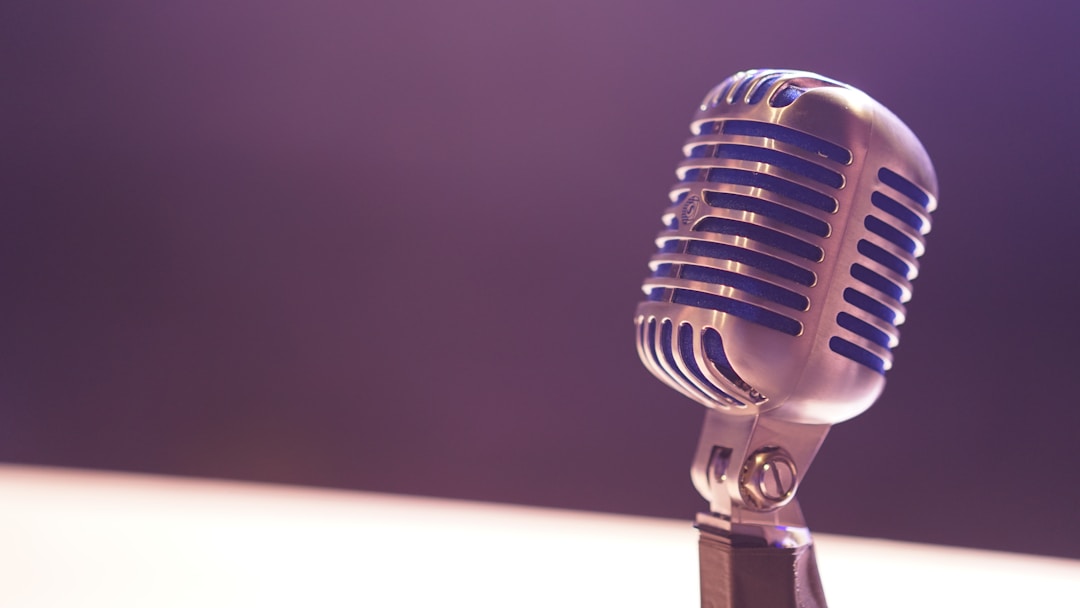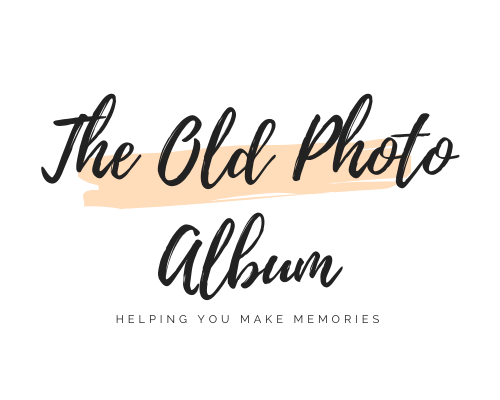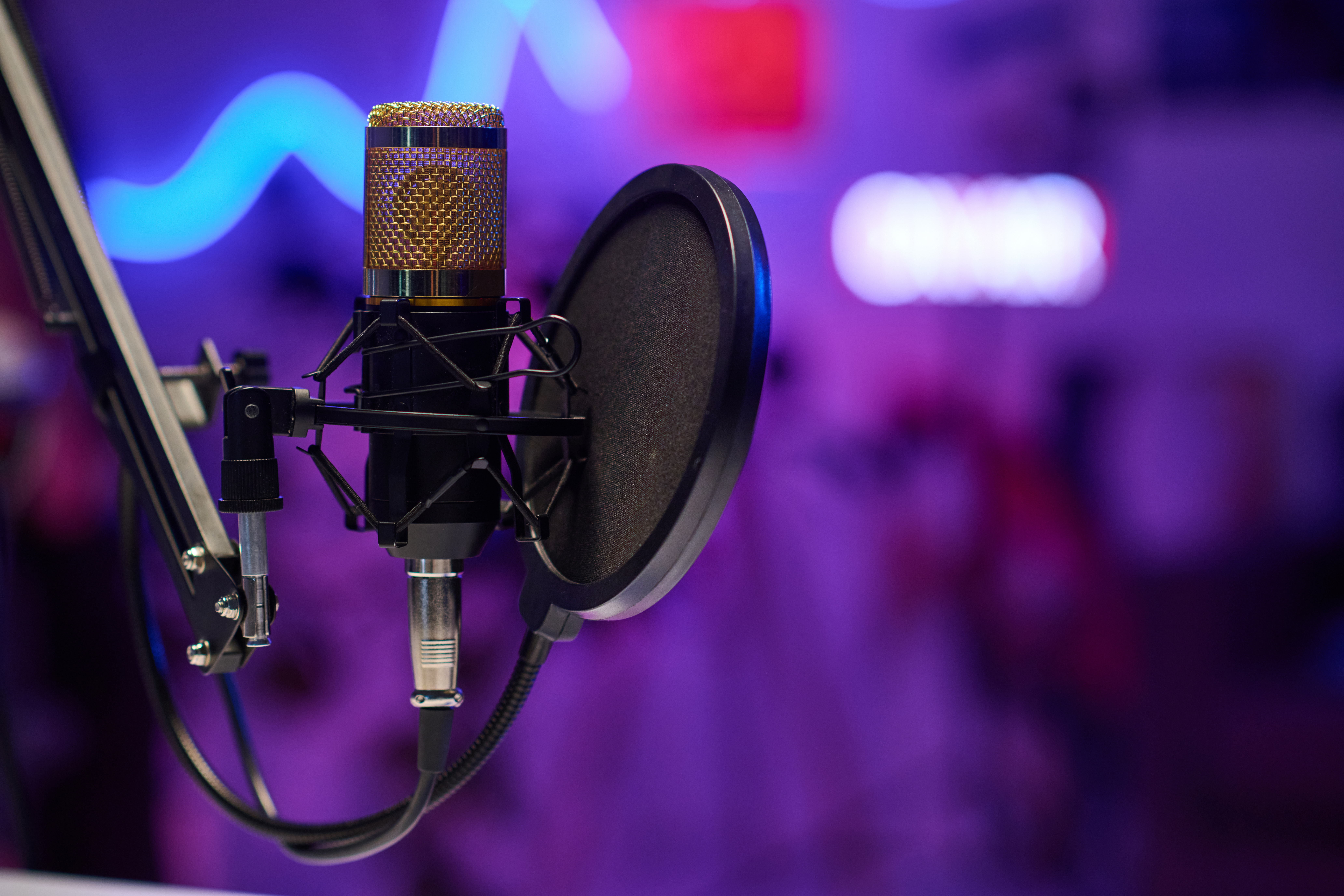The world of vocal technology can be overwhelming with the various products promising to deliver optimum results. To help you navigate through this maze, this article explores everything from the basics of microphones, what to consider when purchasing one, to expert recommendations, in a quest to ascertain what is the best microphone for singing. Read on to take a step towards enhancing your vocal prowess.
Understanding the Basics: Types of Microphones
Contrary to common perception, not all microphones are created equal. They vary largely based on their make and functionality. The three main types include dynamic, condenser, and ribbon mics, each with unique strengths and limitations.
Dynamic microphones are robust and able to withstand high sound pressure levels, making them excellent for loud sound sources and live stage performances. However, they are less responsive to softer sounds compared to condenser mics.
Condenser microphones, on the other hand, are more sensitive and capable of picking up a wide range of sound frequencies. They’re often used in studio recording due to their superior sound quality. Unfortunately, they require external power sources, limiting their usage in some scenarios.
Ribbon microphones, vintage in nature, are admired for their warm, natural sound. Their fragility and high cost, however, make them less common.
Essential Features to Consider While Buying a Microphone for Singing

Choosing a microphone isn’t a one-size-fits-all process. There are several factors to consider based on your specific needs and circumstances. To start with, think about the environment where you’ll be using your microphone.
Secondly, consider the sound characteristics you desire. Do you aim for clear and detailed vocals, or do you prioritize warm and smooth sound? Your genre of music might also influence the choice of your microphone.
Finally, don’t overlook practical considerations such as the microphone’s durability, ease of use, and, of course, the price. Remember, the most expensive microphone is not always the best fit for your needs.
While the right microphone can enhance your vocals, remember that technique, passion, and practice play an equally significant part in your singing journey.
Analyzing the Top Microphones for Singing: A Deep Dive
Investing time in researching and understanding different microphone models and brands is crucial in finding your perfect match. Renowned brands like Shure, Sennheiser, and Audio-Technica offer top-quality mics for various vocal needs.
Shure’s SM58 dynamic microphone is a classic choice known for its clear vocal reproduction, making it ideal for both studio recording and live performances.
For those seeking a more budget-friendly option, Sennheiser’s e835 dynamic mic offers robust build quality and wide frequency response, great for clear and detailed vocals.
If you’re after a condenser microphone, the Audio-Technica AT2020 is a popular choice due to its superior transient response and versatility.
Subtle Differences: Studio Microphones Vs. Live Performance Microphones

Contrasting use cases demand different types of microphones. Key characteristics that are desirable in studio recording situations might not necessarily be advantageous in live performances, and vice versa.
Studio microphones are designed to capture intricate details and a wide range of vocals. Hence, they are more sensitive and require a controlled environment for best results.
Live performance microphones should withstand the rough-and-tumble of the stage while delivering clear vocals even with potential background noise. Dynamic microphones are often the preferred choice for live performances due to their sturdy construction and less sensitivity to ambient noise.
Then again, the choice between a studio and live performance microphone greatly depends on your personal preferences and specific vocal needs.
Expert Recommendations: Picking the Best Microphone for Your Singing Needs
Ultimately, the decision should be influenced by your personal preferences and specific needs. Play around with different models and see what sounds best with your voice.
Experts often recommend starting with a versatile dynamic microphone that can handle both studio recordings and live performances.
If you’re more into studio recording, then a condenser microphone could be a worthy investment. But if you’re working with softer vocals or acoustic performances, a ribbon mic might be your best bet.
Overall, the journey to finding the best microphone for singing is a personalized one, shaped by a myriad of factors from your vocal characteristics and preferred style of music to your budget. What’s important is that the chosen microphone should serve as a reliable tool for expressing your unique sound and artistry.

